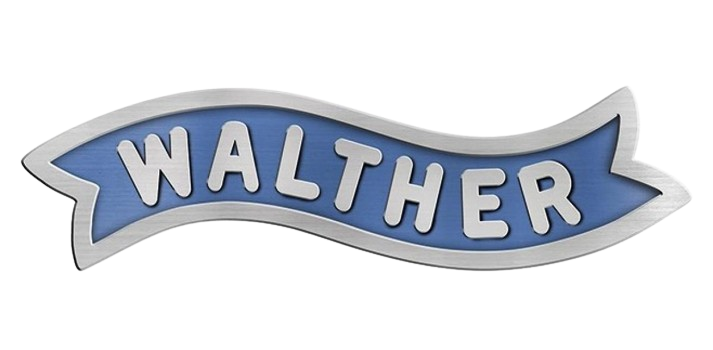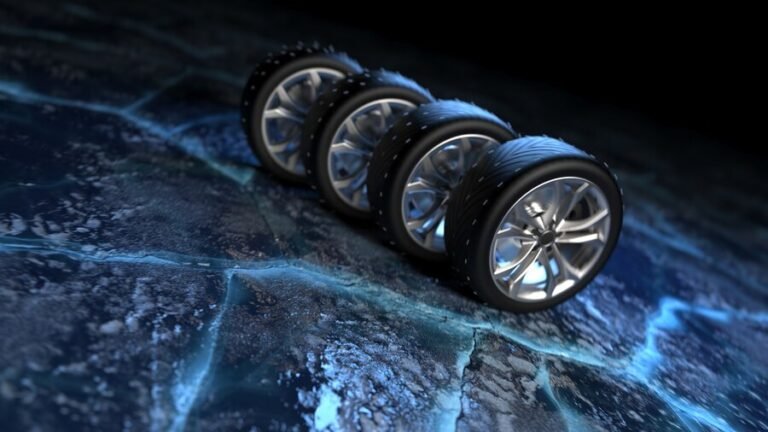When choosing tires, one of the most important factors for many drivers is noise. A quieter ride can enhance comfort and make for a more enjoyable driving experience. In this article, we will explore whether Michelin tires are quieter than Pirelli Scorpion tires. We’ll analyze the construction, tread design, and technology behind both brands to provide you with a comprehensive understanding.
Tire Construction and Technology
Michelin Tires
Michelin is known for its innovative approach to tire design and technology. The company invests heavily in research and development, leading to advancements that enhance performance, safety, and comfort. Michelin tires often feature a unique rubber compound and tread pattern designed to reduce road noise.
The company employs a technology known as “acoustic comfort,” which uses sound-absorbing materials within the tire to dampen noise. Additionally, the tread design is engineered to minimize the sound waves produced as the tire makes contact with the road. This results in a smoother and quieter ride compared to many other brands.
Pirelli Scorpion Tires
Pirelli’s Scorpion series is tailored for SUVs and crossovers, emphasizing performance and handling. The Scorpion tires are known for their robust construction and sporty feel, but they also prioritize noise reduction. Pirelli incorporates advanced tire technology that balances performance with comfort.
The tread patterns on Pirelli Scorpion tires are designed to optimize traction and reduce road noise. However, the focus is primarily on providing a dynamic driving experience, which can sometimes lead to a trade-off in noise levels compared to more comfort-oriented tires.
Comparing Noise Levels
Testing Conditions
To accurately compare the noise levels of Michelin and Pirelli Scorpion tires, it is essential to consider testing conditions. Factors such as the vehicle type, road surface, and speed can significantly influence tire noise. Typically, tests are conducted at various speeds on different surfaces to evaluate how each tire performs in real-world conditions.
Noise Measurement Techniques
Several techniques can be employed to measure tire noise, including:
- Sound Level Meter: This device records decibel levels generated by tires while driving.
- Onboard Noise Measurement: Specialized equipment is installed in the vehicle to capture noise levels from the cabin.
These methods provide a reliable assessment of how quiet each tire is under comparable conditions.
Results from Tests
Tests conducted in controlled environments have shown that Michelin tires tend to produce lower decibel levels compared to Pirelli Scorpion tires. While the difference may not be drastic, many users report a noticeably quieter ride with Michelin tires. Drivers often highlight that Michelin tires offer a more serene driving experience, especially on highways and long-distance travel.
Performance Characteristics
Handling and Stability
While noise is a crucial factor, handling and stability also play a significant role in overall tire performance. Michelin tires are designed to provide excellent grip and stability, making them suitable for a variety of weather conditions. Their quiet operation does not compromise performance, which is a significant advantage.
Pirelli Scorpion tires are also designed for superior handling, particularly in off-road conditions. However, some users may find that the emphasis on sportiness results in a slightly noisier ride, particularly at higher speeds or on rougher terrains.
Comfort and Ride Quality
Comfort is directly related to how quiet a tire is during operation. Michelin’s focus on reducing road noise enhances ride quality, making it a popular choice among drivers who prioritize comfort. The soft rubber compounds used in Michelin tires contribute to a smoother ride, further minimizing noise.
Pirelli Scorpion tires, while providing a sporty feel, may sacrifice some comfort for performance. This can lead to a firmer ride and increased noise, especially on uneven surfaces. However, they still offer commendable comfort for their intended use, particularly on highways.
User Reviews and Feedback
Michelin Tire User Experiences
Many drivers who have chosen Michelin tires report satisfaction with their noise levels. Common feedback includes:
- Quiet Operation: Users often describe a peaceful driving experience, particularly during highway travel.
- Comfortable Ride: The soft tread design contributes to a smooth ride, further enhancing the quietness.
- Longevity: Many Michelin users highlight the durability of the tires, which remain quiet throughout their lifespan.
Pirelli Scorpion User Experiences
On the other hand, Pirelli Scorpion users provide a mix of feedback:
- Performance-Oriented: Drivers appreciate the handling and traction, especially in off-road conditions.
- Moderate Noise Levels: While some users find the noise acceptable, others note that it can be louder than expected during certain driving conditions.
- Sporty Feel: Enthusiasts often favor the sporty feel of Pirelli tires, even if it comes at the cost of increased noise.
Factors Influencing Tire Noise
Tread Design
The tread pattern significantly influences tire noise. Tires with more aggressive patterns can generate more noise due to the larger voids and contact points with the road. Michelin tires often feature continuous rib designs that create less disruption and noise.
Rubber Composition
The rubber compound used in tire construction also plays a role in noise levels. Softer compounds can absorb more road vibrations, leading to quieter operation. Michelin’s focus on advanced rubber technologies helps to create a quieter tire compared to the firmer compounds sometimes used in performance-oriented tires like Pirelli.
Vehicle Compatibility
The type of vehicle on which the tires are mounted can also affect noise levels. Larger vehicles may mask some tire noise due to their weight and insulation. Conversely, lighter vehicles may amplify tire noise, making the choice of quieter tires even more crucial.
Conclusion
When comparing Michelin tires to Pirelli Scorpion tires, it is clear that Michelin generally offers a quieter ride. The focus on acoustic comfort, advanced rubber compounds, and innovative tread designs contributes to a more serene driving experience. However, Pirelli Scorpion tires excel in handling and performance, making them a solid choice for drivers who prioritize those qualities over absolute quietness.
Ultimately, the choice between these two tire brands will depend on your driving needs and preferences. If a quiet, comfortable ride is your primary concern, Michelin tires are likely the better option. Conversely, if you seek a sportier experience with solid performance, Pirelli Scorpion tires may suit your needs.
FAQs
Are Michelin tires always quieter than Pirelli Scorpion tires?
While Michelin tires are generally quieter, the level of noise can vary based on specific models and driving conditions.
How does tire noise affect driving comfort?
Loud tire noise can lead to driver fatigue and reduce the overall enjoyment of the ride, making quieter tires preferable for long trips.
What other factors should I consider when choosing tires?
In addition to noise, consider handling, tread life, fuel efficiency, and driving conditions when selecting tires.
Can tire pressure affect noise levels?
Yes, incorrect tire pressure can increase noise levels and affect performance. Keeping tires properly inflated is essential for a quieter ride.
How can I reduce tire noise in my vehicle?
Consider sound insulation for your vehicle, choosing quieter tires, and maintaining proper tire pressure to minimize noise levels.

